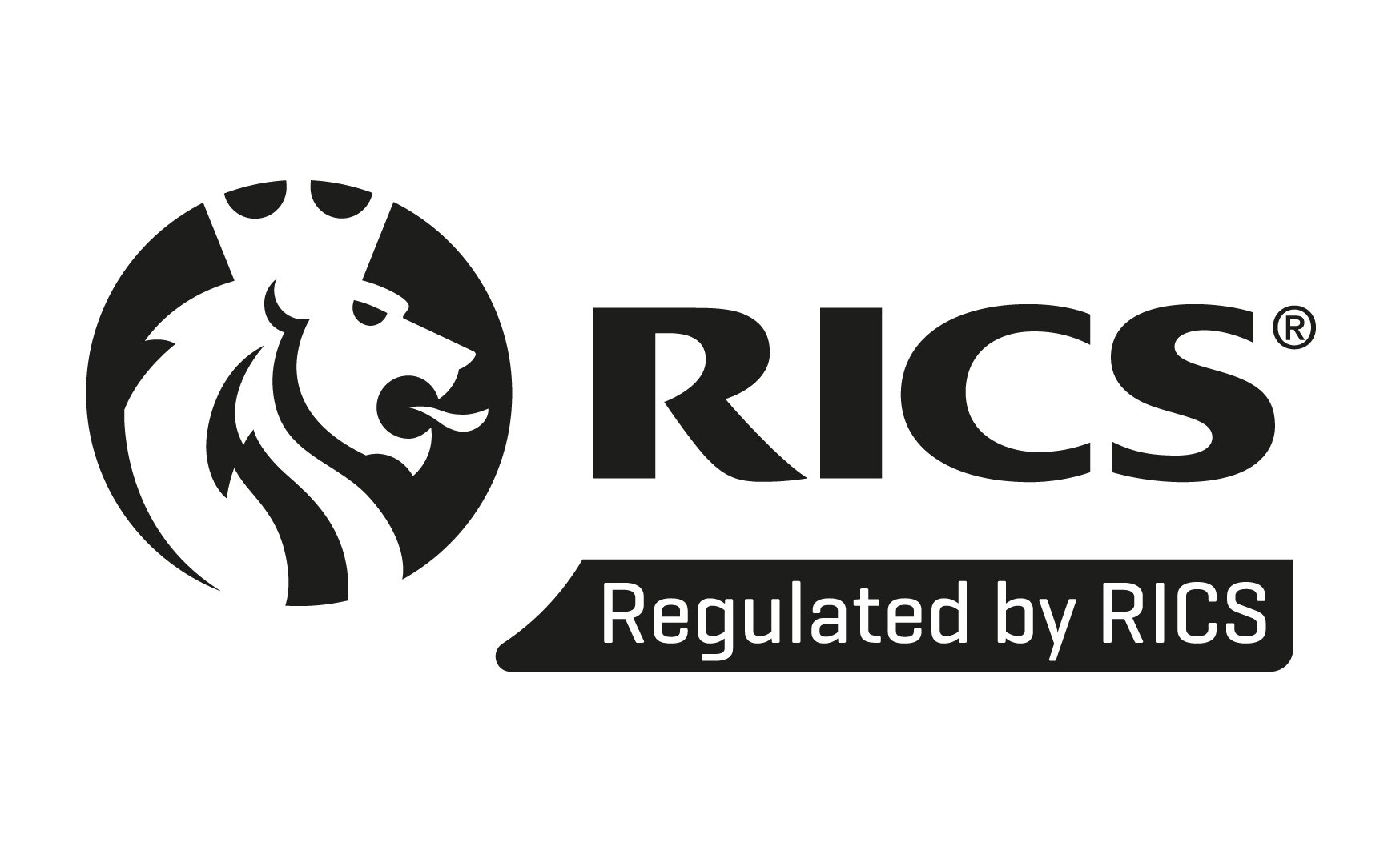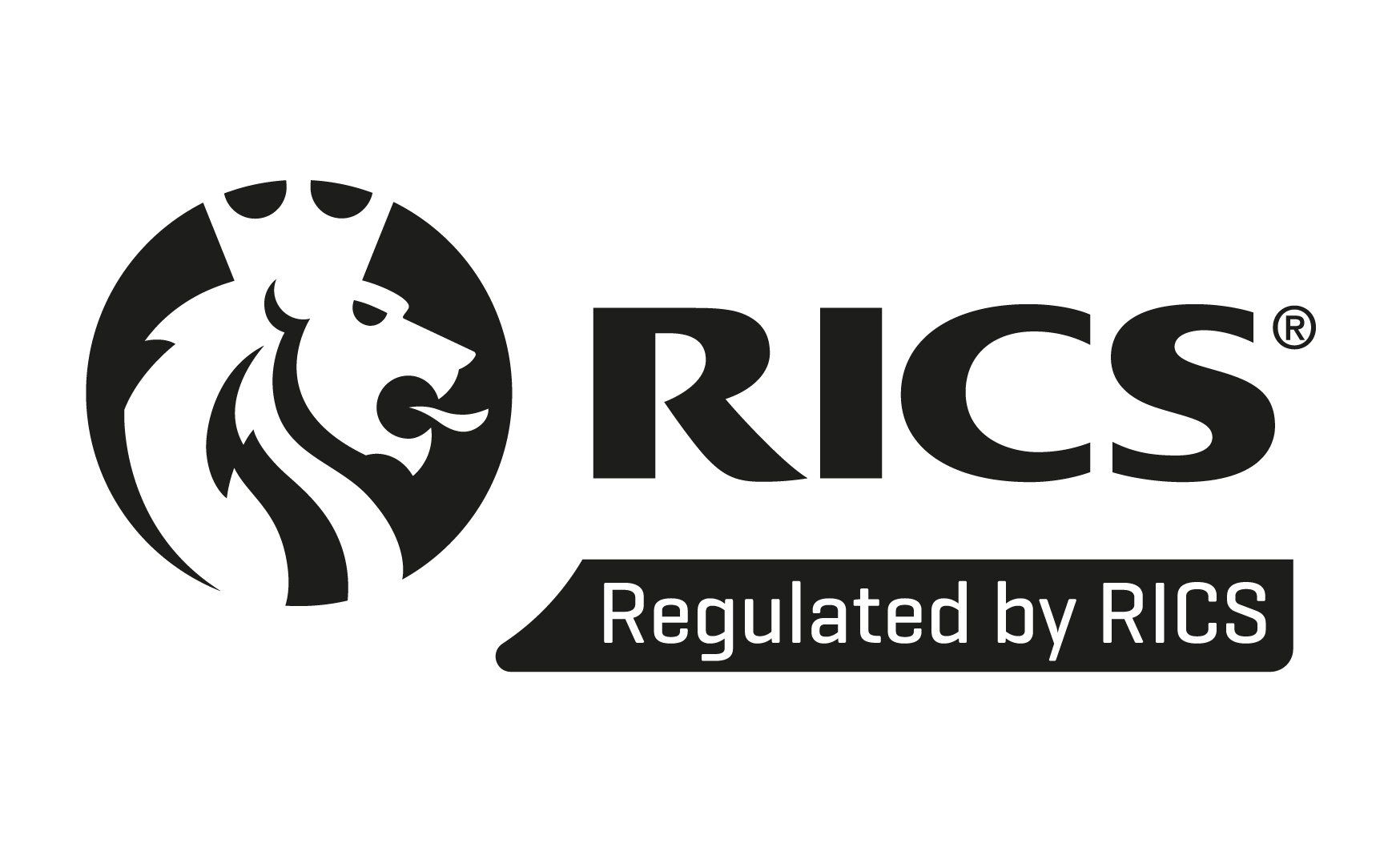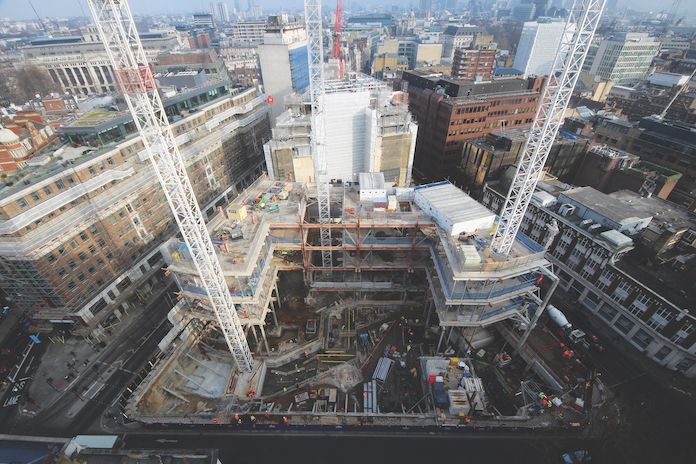Smash and Grab Adjudication - A quick dive into recent UK Caselaw
Smash and Grab Adjudication: A quick dive into recent UK Caselaw
Introduction
The construction industry is vital to the UK economy, but disputes can often lead to lengthy legal battles. One method used to resolve such disputes efficiently and swiftly is adjudication. It's probably the only game in town if the other party does not want to agree to matters on a sensible basis. The term "Smash and Grab" has gained prominence in recent years. This article swiftly explores the concept of Smash and Grab adjudication, its significance, and its evolution within the context of recent UK caselaw. Needless to say, Smash and Grab adjudication is here to stay.
Understanding Construction Adjudication
Construction adjudication is a statutory dispute resolution process established in the United Kingdom by the Housing Grants, Construction and Regeneration Act 1996 (the "Construction Act"). It provides a mechanism for parties involved in construction contracts to quickly resolve disputes without resorting to lengthy court proceedings.
Adjudication is often referred to as "pay now, argue later." This means that when a dispute arises, the adjudicator's decision is binding and must be adhered to, even if one party believes it to be incorrect or unfair. Subsequently, either party can seek a final resolution through litigation or arbitration, but subject to a limited number of exceptions, the adjudicator's decision must be enforced.
What Is Smash and Grab Construction Adjudication?
Smash and Grab construction adjudication is a term used to describe a specific type of adjudication related to payment disputes in construction contracts. It typically arises when the paying party (often the employer or main contractor) fails to issue a valid pay less notice in response to an interim payment application.
Under the Construction Act, when a contractor submits an application for payment, the paying party has a specific period to respond with a pay less notice if they disagree with the amount claimed. Failing to issue a valid pay less notice implies that the paying party must pay the full amount requested by the contractor. This scenario is where the term "Smash and Grab" originates.
In essence, Smash and Grab adjudications occur when a contractor asserts that the paying party has failed to issue a valid payment or pay less notice and therefore owes the full amount claimed. The adjudicator's role is to determine whether the payment or pay less notice was valid and, if not, to order the paying party to pay the full sum claimed by the contractor.
Significance of Smash and Grab Adjudications
Smash and Grab adjudications have become a crucial aspect of construction dispute resolution for several reasons:
• The essence of adjudication is to provide a quick and cost-effective means of dispute resolution. Smash and Grab adjudications align with this principle by ensuring that contractors receive timely payments, helping maintain cash flow on construction projects.
• The threat of Smash and Grab adjudication encourages paying parties to issue valid payment and pay less notices promptly. This ensures that disputes are resolved in a structured manner, promoting fairness and transparency in payment processes.
• By promptly addressing payment disputes, Smash and Grab adjudications can help prevent more significant disputes from arising in the future. This can lead to better working relationships between parties involved in construction projects.
Recent UK Caselaw on Smash and Grab Adjudications
Smash and Grab adjudication has evolved significantly through recent UK caselaw, with courts providing clarity on several crucial aspects of this dispute resolution mechanism.
Grove Developments Ltd v S&T (UK) Ltd [2018] EWCA Civ 2448
This landmark case shed light on the validity of payment and pay less notices in Smash and Grab adjudications. The Court of Appeal held that even if a paying party fails to issue a valid payment or pay less notice, they still have the right to challenge the sum in a subsequent adjudication or litigation.
Bresco Electrical Services Ltd v Michael J Lonsdale (Electrical) Ltd [2020] UKSC 25
In this case, the Supreme Court clarified the relationship between adjudication and insolvency. It was ruled that even if a company enters into liquidation, it can still pursue a Smash and Grab adjudication for unpaid sums under the Construction Act. However, any disputed cross-claims must be resolved in the insolvency process.
M Davenport Builders Ltd v Greer & Anor [2019] EWHC 318 (TCC)
This was the first reported case since the Court of Appeal decision in Grove in which it was held that a payee can commence further adjudication to determine the true value of a contractor’s interim application.
The defendants appointed Davenport to carry out construction works and a dispute arose relating to the final account. There were two adjudications. The first “smash and grab” adjudication referred to the final payment application and, as a result of Greer’s failure to issue a payment notice or pay less notice, it was held that Davenport was entitled to £106,160.84. Greer then commenced a second adjudication in order to determine the true value of the works. In the second adjudication it was found that the gross value of the account was £847,500 and no sum was due to Davenport.
Following the decision in the “true value” adjudication, Davenport brought proceedings in the TCC to try and enforce the decision in the first adjudication. Greer, relying on the second decision by way of set off or counterclaim, claimed that they were under no obligation the pay the sums due. It was held by Stuart-Smith J that “it should now be taken as established that an employer who is subject to an immediate obligation to discharge the order of an adjudicator based upon the failure of the employer to serve either a Payment Notice or a Pay Less Notice must discharge that immediate obligation before he will be entitled to rely upon a subsequent decision in a true value adjudication”. Effectively Greer could not rely on the second adjudication before they had made the payment due in the first adjudication.
Despite this judgment clarifying the fact that a party must make payment before it can commence a true value adjudication, the judgment went on to say that the Court will not always “restrain the commencement or progress of a true value adjudication commenced before the employer has discharged his immediate obligation.” Stuart-Smith J did not set out circumstances where an employer may commence a second “true value” adjudication despite the fact that they have not met their obligations under an earlier adjudication. This clearly provided some uncertainty in the general adjudication arena.
Bexheat Ltd v Essex Services Group Ltd [2022] EWHC 936 (TCC) (19 April 2022)
Bexheat and Essex entered into a construction contract for the former to carry out works on a project. Bexheat would submit a Payment Notice stating the value of their work, to which Essex would respond either by either:
• paying the requested sum;
• or by submitting a Payless Notice indicating their intention to dispute the value of Bexheat’s work.
When disputes arose relating to the payments which were due to the Bexheat, two adjudications followed relating to the true value of the work carried out for the payment periods in July and August 2021.
In the first adjudication the adjudicator established that there were no issues with Essex’s Payless Notice and that ‘the difference between the parties valuations mainly result[ed] from differing valuations of the variations and BHL’s claims in the form of direct additional costs’. The decision saw that the ‘True Value’ to which Bexheat were entitled was a payment of £141,646.35 plus VAT alongside interest.
In the second adjudication, the true value of the work carried out by Bexheat was again disputed but on this occasion, Essex failed to submit a Pay Less Notice in time: missing the deadline by one day. Essex claimed that a document submitted on 13 October 2021 was equivalent to a Payless Notice but the Adjudicator disagreed and Essex was directed to pay the amount stated in Bexheat’s application for payment of £706,029.62 plus VAT as well as the adjudication fees and expenses. Essex failed to pay.
When Bexheat issued enforcement proceedings at the TCC, Essex argued that payment was not due because
• the ‘true value’ of the second Payment Notice had been determined in the first adjudication, meaning that the second adjudicator had no jurisdiction to determine the payment; and
• that they were contractually entitled to elect to have the ‘true value’ of the application payment in dispute determined.
Considering these issues in turn, the court found that ‘the…the subject of the First Adjudication was not the same or substantially the same as the dispute or difference in the Second Adjudication’. Therefore, the second adjudicator did have jurisdiction.
In addition, it was held that the First Adjudication was limited to the ‘true value’ of the works covered by the first Payment Notice, for the valuation period up to 31 July 2021. The second adjudication dealt with payment of works for the valuation period up to 31 August 2021, so the ‘True Value’ of the Payment Notice had not been determined and Essex were to pay the sum submitted by Bexheat.
Although it was held that a sub-contractor, such as Essex, could challenge the ‘true value’ of a sub-sub-contractor’s work, this must be done through a Payless Notice submitted by the appropriate date. However, the ‘entitlement to commence a ‘true value’ adjudication under section 108 is subjugated to the immediate payment obligation in Section 111’ of the Construction Act Bexheat were entitled to £724,827.88 plus interests and costs.
Henry Construction Projects Limited v Alu-Fix (UK) Limited [2023] EWHC 2010 (TCC)
In Henry, the Technology and Construction Court (TCC) dismissed a contractor’s application for summary judgment to enforce a ‘true value’ adjudication decision in its favour as that adjudication had been commenced before the contractor had discharged its immediate payment obligation to its subcontractor arising from an earlier dispute.
Conclusion
Smash and Grab construction adjudication has become an integral part of the UK construction industry's dispute resolution framework. Recent caselaw has clarified various aspects of this process, emphasizing the importance of proper procedures, jurisdiction, and the adjudicator's role in determining the true value of claims.
It is clear that Smash and Grab adjudications will remain a vital tool in ensuring fair and timely payments, maintaining cash flow, and fostering healthy relationships among construction project stakeholders, if you get the opportunity to pursue a smash and grab you should not look a gift horse in the mouth and seriously consider the right to claim any smash and grab.
If you have an entitlement, its clear the law is on your side. In response, we have launched a fixed fee smash and grab adjudication service with a no-win no-fee option.




